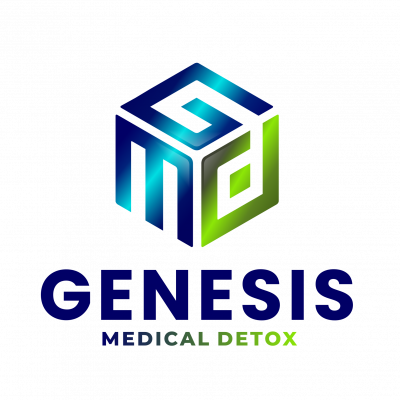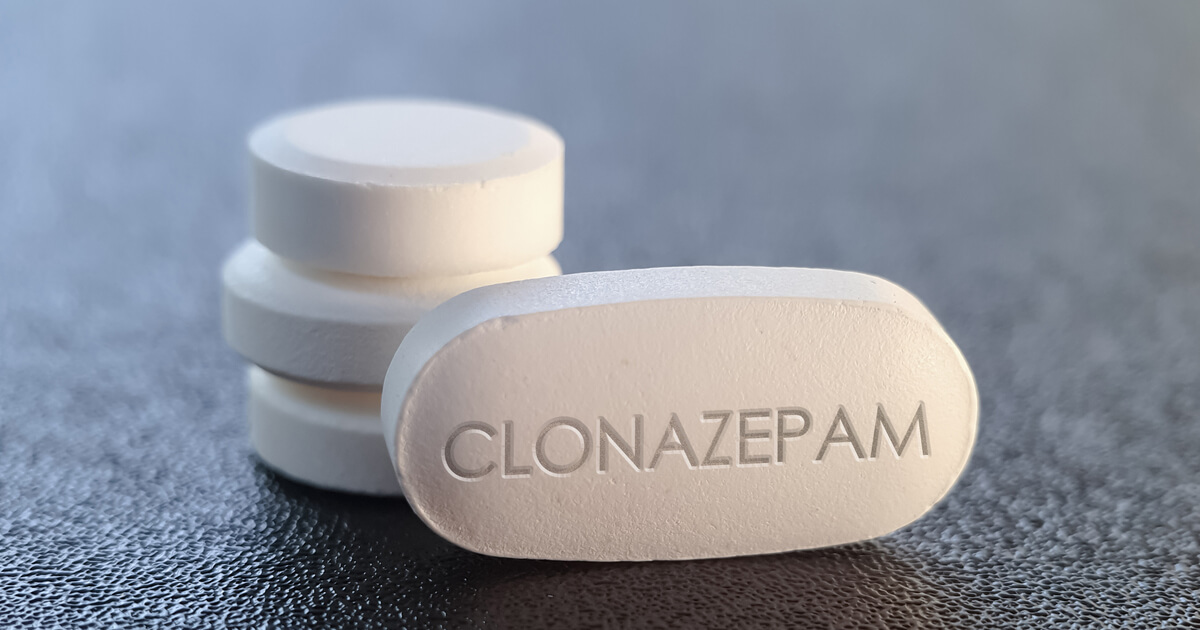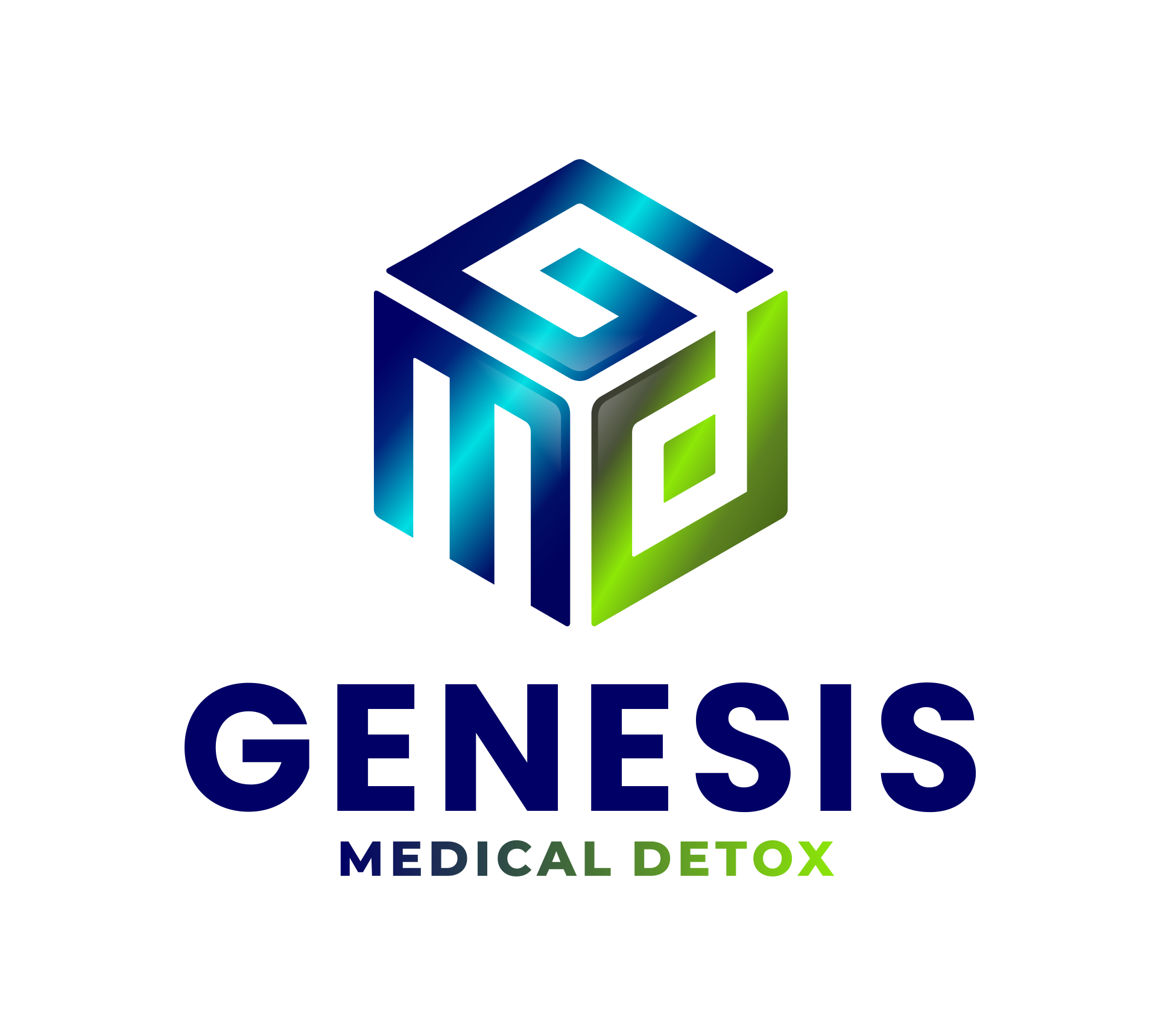Alcohol use disorder is a condition that is often overlooked because of the popularity of the substance. The uncontrollable urge to drink points to a serious problem that many Americans struggle with today. If you acknowledge that alcohol has begun to have an unhealthy impact on your life, you can start here. As with any substance, the first step to recovery is detoxification. Although this process sounds daunting, it may help to have an understanding of what it is. This can take some pressure off the decision to visit a detox center.
Allow us to educate you on alcohol use disorder and the alcohol withdrawal timeline.
What Is Alcohol Use Disorder?
Alcohol use disorder (AUD), also known as alcoholism or alcohol abuse, is a medical condition that affects people everywhere. This disorder can be mild, moderate, or severe, depending on a number of factors. While there are many support groups and treatment centers all over the country, many people with alcohol use disorder never receive the help they need.
It is entirely possible to recover from alcohol use disorder. Many do this with professional help, while others attempt this task on their own. Some might find that detoxing is more challenging than they originally thought. Although recovery from alcohol use disorder is possible, it is not easy. In fact, setbacks are common among those in treatment.
What is Detox?
Treatment for alcohol use disorder can be intensive. The first stage of treatment, however, is detoxification. Detoxing is the process of removing the substance from the body completely. Detoxing can be tough on the body because the body is being cleansed of a substance that it has become dependent on.
The symptoms of the detox process are known as withdrawal. Although detoxing is one of the most important steps to recovery, it is generally known to deter individuals from receiving treatment. Symptoms of withdrawal are known to be hard on the body and to last for days. Here are some of the most common alcohol withdrawal symptoms.
- Headaches
- Insomnia
- Tremors
- Increased heart rate and blood pressure
- Nausea
- Hyperthermia
How Long Does It Take to Detox From Alcohol?
The detox timeline varies depending on individual factors. Some people may have a quicker detox than others. The entire alcohol detox process can take anywhere from days to weeks. Here are a few things that can determine how long detox will last.
- How long has the person consumed alcohol?
- How often was alcohol used?
- When was the last time alcohol was used?
- What are the physical characteristics of the person? Age? Weight? Gender?
- Are there any co-occurring disorders?
How Long Is a Detox Treatment?
An alcohol detox treatment program is designed to help people manage withdrawal symptoms in a safe and contained space. The symptoms of detox can be difficult on the body and can sometimes be life-threatening. For this reason, it is not recommended to attempt an alcohol detox at home. In a treatment program, medical professionals are available to monitor vitals and ensure that the patient remains safe and hydrated.
Detox treatments are generally between 3 and 10 days, depending on necessity. In alcohol detox treatment, withdrawal symptoms begin mildly and become more extreme as time progresses.
Alcohol Withdrawal Timeline
When the body is detoxing from alcohol, it is done in stages. Symptoms of withdrawal can begin to appear as soon as a few hours after the last drink. The peak of withdrawal symptoms occurs between the first and third days, depending on individual factors. Here is a breakdown of the alcohol withdrawal timeline.
Stage 1
The first stage of alcohol detox is known as the mild stage. Common symptoms include headaches, insomnia, anxiety, heart palpitations, and nausea. These symptoms occur within the first 24 hours since the last drink. Symptoms may become more and more severe. However, the first stage is generally mild compared to the others.
Stage 2
Stage two of the alcohol withdrawal timeline may include more severe symptoms of stage one. This stage also introduces new symptoms such as increased blood pressure or heart rate, confusion, and an increased body temperature. This occurs within 24- 48 hours since the last drink.
Although symptoms of stage two are more intense than the first stage, stage two is still considered moderate. While symptoms worsen, they are still not at their peak. The most painful symptoms occur during stage two. However, they are still fairly manageable.
Stage 3
Stage three of alcohol withdrawal is the most severe of all the stages. This is known as the peak of withdrawal symptoms. It occurs between days 3 and 5 of the detox process. Stage 3 of alcohol detox introduces the most dangerous symptoms. In this stage of withdrawal, individuals are at risk for seizures, dehydration, and hallucinations.
In this stage, different symptoms come and go. Some may experience the most drastic symptoms, while others may not.
During and After the First Week
By the one-week mark, most people in treatment would have already completed their detox. Detox does not mean that they have been cured, however. They may still experience cravings. It is also likely that they will need further treatment in order to prevent relapse. The physical symptoms begin to taper away, and through therapy and other types of treatment, individuals can begin their journey to recovery.
Start Your Recovery Journey With Genesis Medical Detox
Alcohol can impact a person’s life in many ways. When the time comes to address alcoholism, call Genesis Detox Center to help. Alcohol withdrawal symptoms can make it challenging for a person to detox and get on the path to recovery successfully. Supervised detox in a care facility can be just what you need to begin on the road to a successful recovery.
Detox is a challenging process. It is a task that is better done with the support of others. If you or a loved one is struggling with alcoholism, call Genesis Medical Detox to help. Our compassionate care team will provide the care and support you need to get through this difficult time.









